Author Archive
Reading Winter

In poems by Margaret Atwood, Naomi Shihab Nye, and Robert Frost, we get a sense of the claustrophobia of winter without being overpowered by it.
Vignettes of Miscommunication
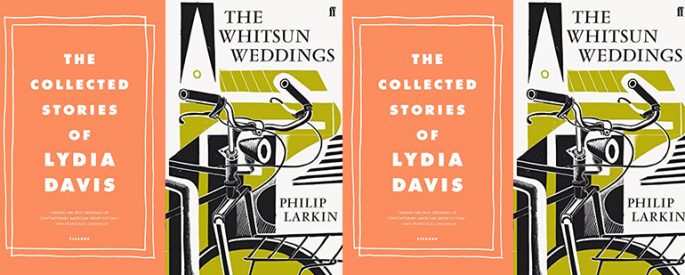
Works by Lydia Davis and Philip Larkin capture a disjoint between individual and community, or individual and environment. Both suggest that speech doesn’t disappear or break down entirely when there’s such a disconnect. Instead, it just becomes difficult to access positive, generous, and honest speech.
Grace Paley and The Storyteller’s Pain

“Good Night and Good Luck” and “Debts,” by Grace Paley, are kinetic, and suggest more than is on the page: that a good story is one that’s told, and retold, written and read, with the goal of connecting people in different places and across generations, bringing everyone involved some
The Ghost in the Room
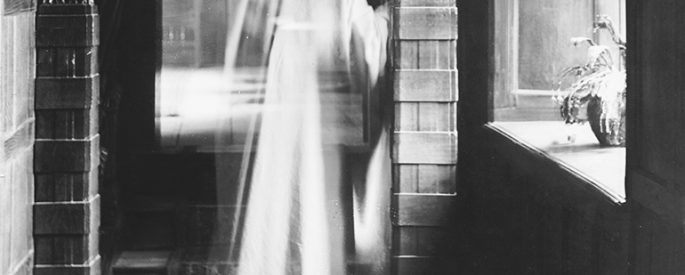
Recently published stories by George Saunders and Kate Walbert are about remembering more than they are about the past.
Frame Stories and the Passage of Time
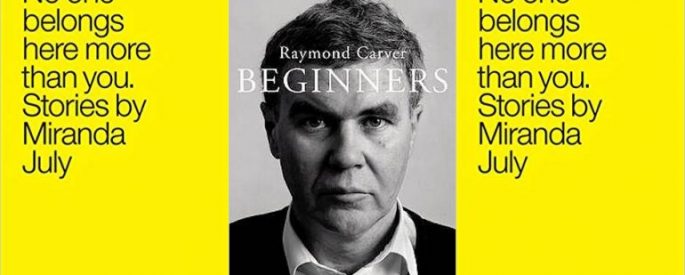
If one purpose of a frame story in a novel is to prime the reader to listen to what might be a long or meandering tale, what’s the purpose of a frame in a short story?
Mystery, Adventure, and Coming of Age

Lore Segal’s “Dandelion” and Karen Russell’s “The Bad Graft” are two expedition stories set in vastly different worlds.
In the Hotel Lobbies of Sam Shepard and Sally Rooney

Hotels by nature are spaces of temporary, transitory, and hard-to-classify encounters. Setting a story in a hotel frees characters to have discussions they might otherwise not have, to do things they might otherwise refrain from doing.
Revisiting Alice Munro’s “Material”
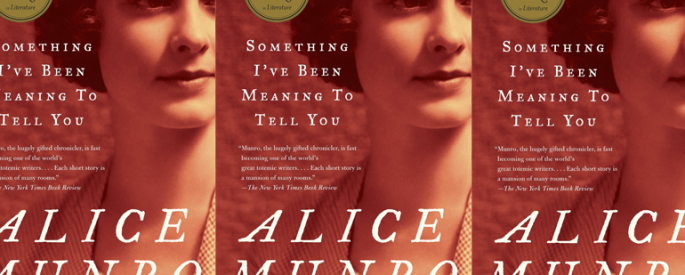
Munro raises questions about the relationship between two things that often coincide in writers: the first is a certain amount of self-indulgence and self-mythologizing; the second is the difficult work of putting aside the ego and observing the world.
Domestic Whimsy in Fascism’s Shadow
![]()
Natalia Ginzburg’s 1963 novel is a record of a lost world and a lost way of life. Its insistently domestic narrative style, in its humanizing particularity, is also an act of resistance against the ascendant totalitarian ideologies looming over its characters’ lives.
Exploring the Self in Orlando and The Puttermesser Papers
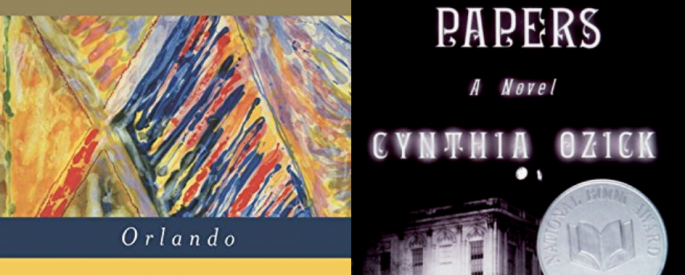
Virginia Woolf and Cynthia Ozick both feature protagonists who flaunt societal gender-based expectations like marriage and children in their mock-biographies.